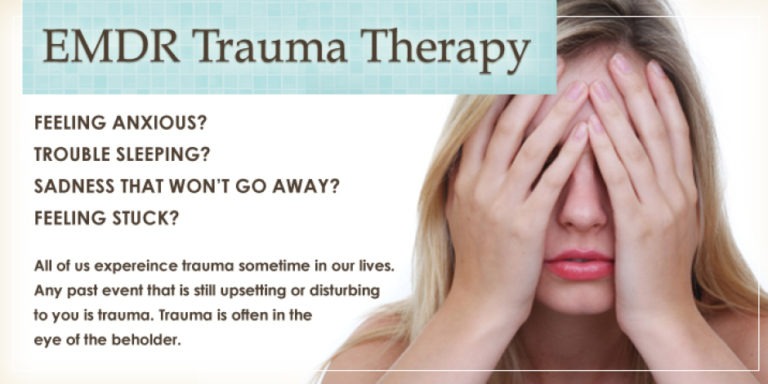
To the uninitiated, the concept of eye movement desensitization and reprocessing therapy may sound like a bit of a stretch. After all, how could something as simple as eye movements be the key to dealing with a condition as complex as trauma?
But eye movement desensitization and reprocessing therapy, also known as EMDR, has been found to be a surprisingly effective way of helping patients with post traumatic stress disorder and similar conditions to effectively reverse the harmful neurological programming that can be caused by traumatic experiences. This is why it has become an invaluable part of therapeutic programming at Reco Intensive, a Delray Beach addiction treatment center widely respected for their comprehensive, holistic and empathetic approach.
Post traumatic stress disorder, or PTSD, is one of the conditions most commonly associated with substance use disorder, which is the technical term for the disease more colloquially referred to as addiction. As many as fifty percent of people who experience PTSD also struggle with substance use disorder, and up to seventy five percent of people in substance abuse treatment report having also experienced a history of abuse and trauma, even those who have not gone on to experience full blown PTSD.
And, because the experience of having a life blown apart by substance use disorder can be traumatic in and of itself, it’s quite fair to say that most patients who come into Reco’s program have a fair amount of painful memories that need unpacking before they can move on to a healthy, sober life.
But what many people do not understand about the after-effects of profound trauma, which can constitute PTSD in their most extreme form, is just how physical as opposed to mental the damage they cause can be.
This is due to the fact that during a traumatic experience, when survival seems to be threatened, the brain goes into an adrenaline powered
Hey welcome to my blog . I am a modern women who love to share any tips on lifestyle, health, travel. Hope you join me in this journey!

Speak Your Mind